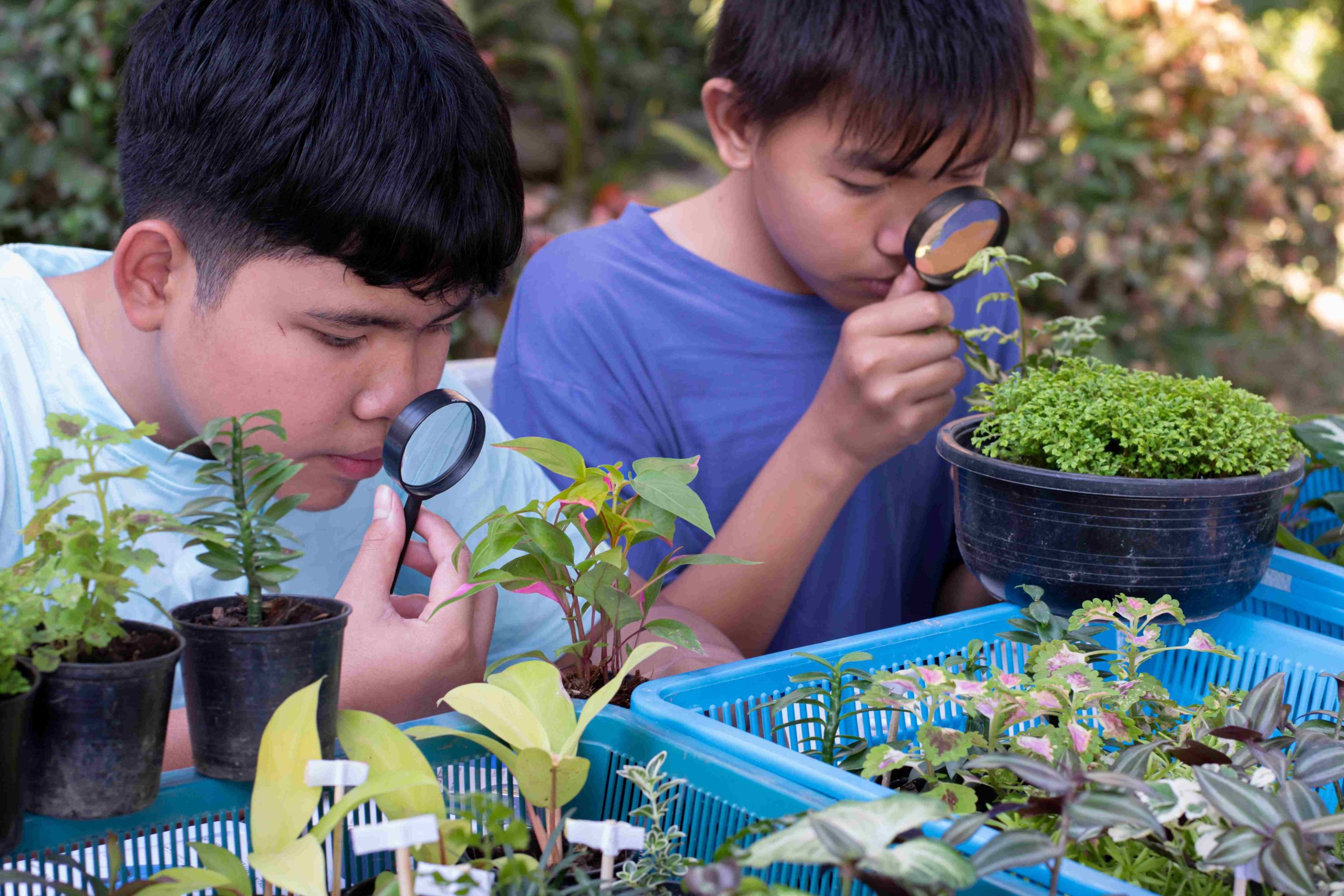
Nurturing Young Scientists: Exploring Science with Preschoolers
The scientific method serves as a fundamental tool for understanding the world around us. It encompasses observing, questioning, hypothesizing, experimenting, and analyzing data. Given preschoolers’ inherent curiosity and love for exploration, engaging them in science exploration becomes an ideal method to captivate their interest. By nurturing their curiosity and offering opportunities for exploration, we can lay the groundwork for a lifelong passion for learning. In this article, we will delve into strategies for conducting science exploration with preschoolers.
The Significance of Science Exploration for Preschoolers
Preschoolers undergo a pivotal stage of development where they construct their foundational understanding of the world. Science exploration aids in bolstering their cognitive, social, and emotional growth. Through exploration, preschoolers cultivate critical thinking skills, learn to pose questions, foster curiosity, and develop observational abilities. Moreover, science exploration fosters collaborative work, enhances communication skills, and nurtures social relationships among peers.
Creating an Environment for Science Exploration
Establishing an environment conducive to science exploration is paramount in engaging preschoolers in scientific discovery. It should be safe, captivating, and equipped with diverse materials for exploration, ranging from rocks and magnifying glasses to plants and animals. Accessibility is key, with materials within reach and easy to utilize. Both independent exploration and guided discovery should be encouraged.
Selecting Science Exploration Activities
When selecting activities for science exploration, it’s crucial to consider preschoolers’ developmental stage and interests. Activities should allow them to predict, observe, record data, and draw conclusions, thereby honing their scientific inquiry skills. Activities may vary from simple color-mixing experiments to more intricate investigations into material properties.
Facilitating Science Exploration
Guiding science exploration with preschoolers involves offering support and direction while fostering independent exploration. Adults can facilitate by posing open-ended questions, providing exploration materials, and exemplifying scientific inquiry. Encouraging questions and facilitating sharing of observations and ideas among peers are pivotal aspects of this process.
Overcoming Challenges in Science Exploration
Though challenging, overcoming obstacles in science exploration is imperative for successful engagement in scientific inquiry. Managing materials, navigating group dynamics, and addressing language barriers necessitate meticulous planning, effective communication, and adaptability.
Extending Science Exploration Beyond the Classroom
Extending science exploration beyond classroom confines allows preschoolers to apply their scientific skills in real-world contexts. Field trips, interactions with experts, and exploration at home all enrich the learning experience, fostering a deeper understanding of the world.
Conclusion: Fostering a Lifelong Love for Science
In conclusion, science exploration serves as a potent tool for stimulating preschoolers’ scientific curiosity and promoting holistic development. By crafting a supportive environment, selecting appropriate activities, guiding exploration, surmounting challenges, and broadening exploration horizons, we can cultivate a lasting passion for learning in our budding scientists. Science exploration equips preschoolers with critical thinking skills, instills inquisitiveness, and lays the foundation for academic and personal success. As educators and caregivers, it is our duty to equip preschoolers with the requisite tools for becoming lifelong learners, and science exploration stands as a cornerstone in this journey.


